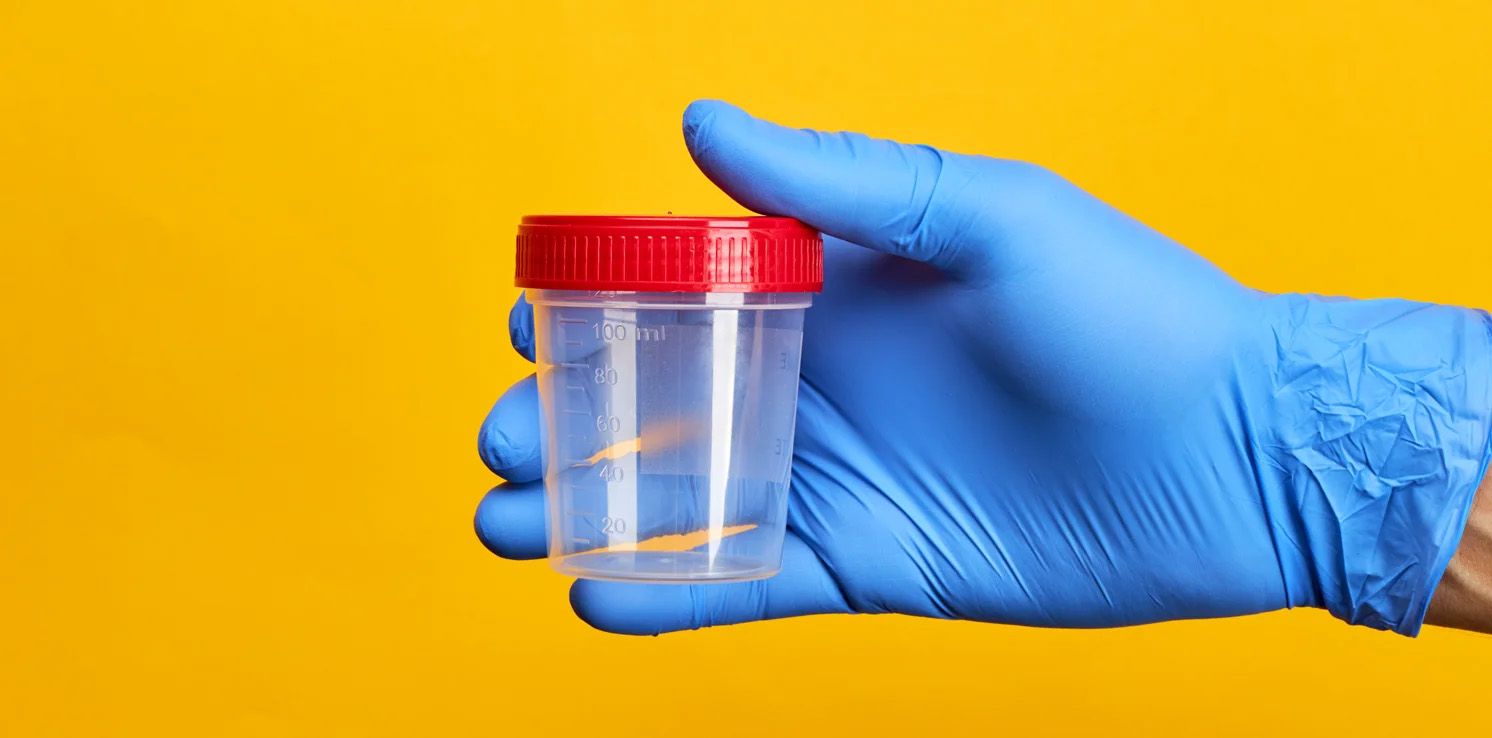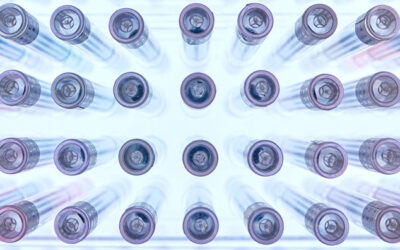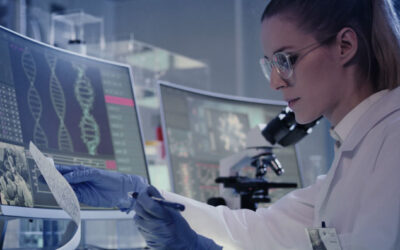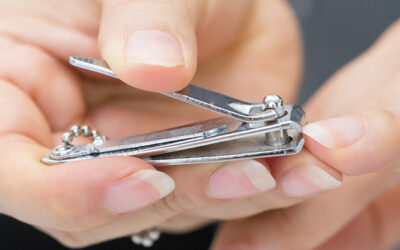
Urine is a liquid by-product of the human metabolism. It is produced by the kidneys as they filter waste and excess water from the blood. As the filtering process continues, urine travels to the bladder, where it is stored until it is expelled from the body.
Urine is mostly water but also contains salt, creatinine, and other waste. The color of urine can vary depending on many factors such as concentration, the presence of certain substances, a person’s general health, the medications someone takes, and more.
Urinating is a vital function as it provides the body with a way to remove waste and excess water. Urine can also be a good source of information about a person’s health. The color and odor of your urine, along with the frequency at which you urinate can tell you quite a lot. Also, urine can be used for many different types of diagnostic tests.
The Major Functions of Urine
Removing Waste from the Body
Urinating is how the body naturally removes waste. The types of waste that urine expels typically include urea, creatinine, and uric acid. While considered waste, urea, creatinine, and uric acid are nothing to worry about, as they are by-products of a healthy and normal metabolism.
Balancing Electrolytes
Electrolytes are minerals that are essential for normal bodily functions like muscle contraction and nerve conduction. When you urinate, your body is removing excess electrolytes, ensuring a proper balance is maintained.
Blood Volume Regulation
Urine helps to regulate blood volume by removing excess water from the body. This is important because overhydration can dilute the blood and cause trouble with balance, vomiting, and tissue swelling, and can sometimes lead to severe illness.
Acid-Base Balance
Similarly to balancing electrolytes, urine also helps to maintain acid-base balance by removing excess acids from the body. Too much acid in the blood can lead to issues like kidney stones and conditions like osteoporosis.
Does Urine Hold DNA?
Urine contains DNA, but the amount of DNA that can be found in urine is much less than what other sources like blood or saliva can provide. But if urine is the only available source, a DNA extraction can still potentially occur.
DNA found in urine likely comes from one of two sources: epithelial cells or white blood cells. Epithelial cells line the urinary tract and often shed and enter the urine. White blood cells that are present in the blood are released into the urine when the body is fighting an infection.
DNA can be extracted from urine using a variety of methods, the most common being a process called polymerase chain reaction or PCR. PCR is a technique that amplifies DNA, making it easier to detect and analyze.
Why Urine DNA Testing is Challenging
While DNA can be found in urine and extracted, it is not a top option in terms of a testing source. Using urine for DNA testing can be a challenge for a variety of reasons, including:
DNA Deterioration
DNA in urine is likely to deteriorate as the environment is very acidic. This acidic environment can damage DNA over time.
Inconsistent DNA Quantities
Sizeable amounts of white blood cells are not always present in urine unless a person is fighting an infection at the time. Also, there are major differences in the number of epithelial cells present in urine between men and women. Women have a higher number of epithelial cells in their urine.
Testing Inhibitors
Urine contains several substances that can interfere with DNA extraction and analysis, such as salts, urea, and creatinine.
With what medical knowledge there is currently, blood remains the most reliable source for detecting and analyzing DNA. Other popular DNA testing sources include saliva, cheek swabs, hair follicles, and more. Our state-of-the-art lab at DNA Diagnostics Center commonly uses a variety of these DNA sources to determine paternity, siblingship, and other relationships, as well as for forensic cases.
5 Common Urine Tests
Urine as a testing source can be extremely helpful in some cases. There are many tests where the primary source is urine, such as:
1. Pregnancy Tests
Likely the most well-known urine test available, a urine pregnancy test detects the presence of human chorionic gonadotropin (HCG) in urine. HCG is a hormone that is produced by the placenta during pregnancy.
2. Drug Tests
Urine drug tests are used frequently, as they can detect the presence of drugs in the urine. Drug tests are often used in workplaces and schools to screen for drug use/abuse. Urine drug tests are popular as they provide results within minutes.
3. Dipstick Tests
Much like how pool water is tested for pH, with this test, a color-changing stick is dipped into a urine sample and the color the test stick turns will determine results. A urine dipstick test is quick, easy, and can be used to screen for a variety of conditions, including diabetes, kidney disease, and urinary tract infections.
4. Culture Tests
A urine culture test is used to identify and grow bacteria from the urine. This can help your doctor to determine the cause of a urinary tract infection and to choose the best antibiotic treatment.
5. Metabolic Tests
This test can be used to measure the levels of various substances in the urine, such as glucose, ketones, and proteins. These tests can be used to diagnose and monitor a variety of conditions, such as diabetes, kidney disease, and liver disease.




0 Comments